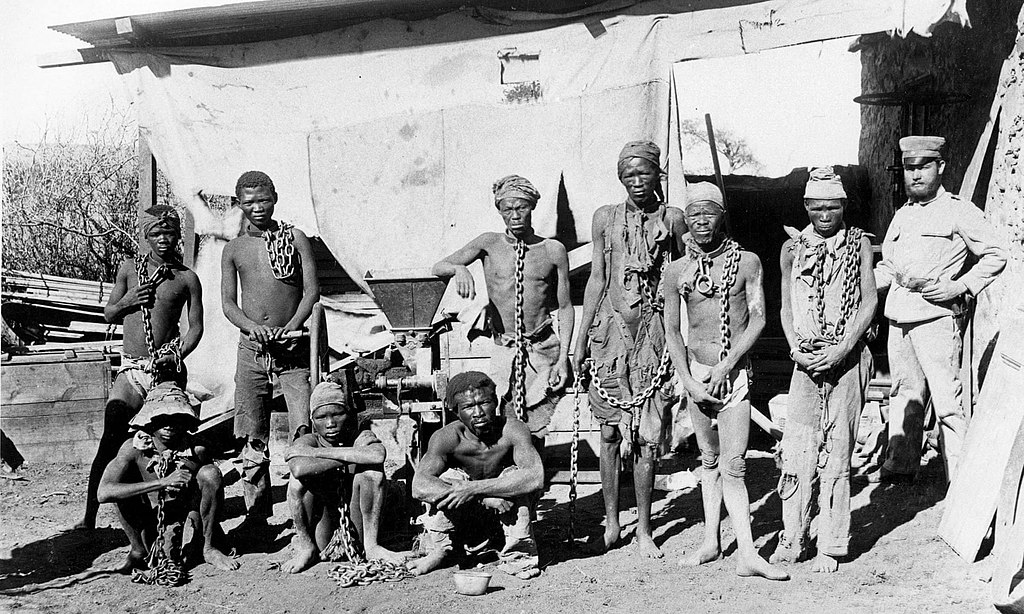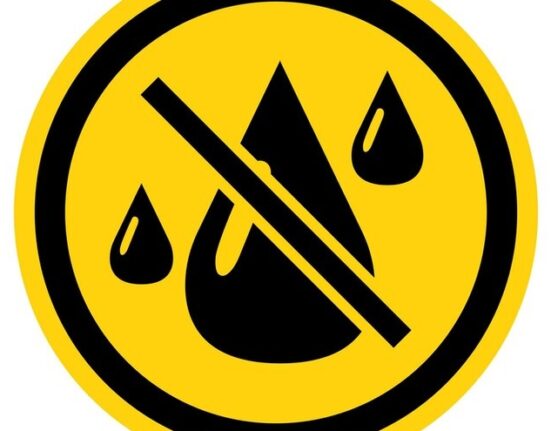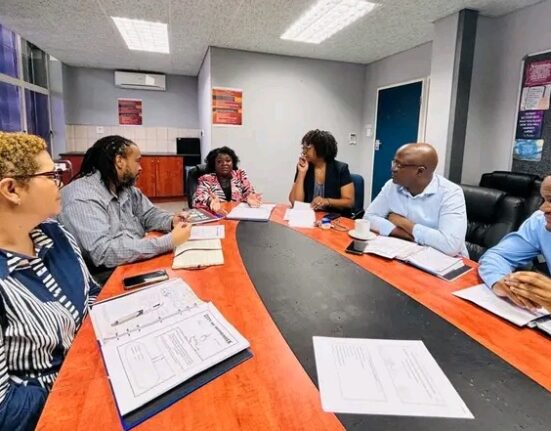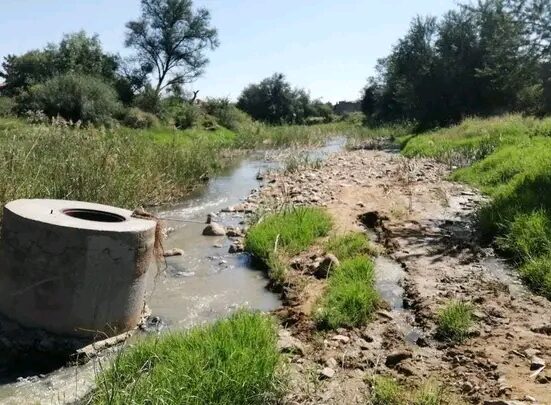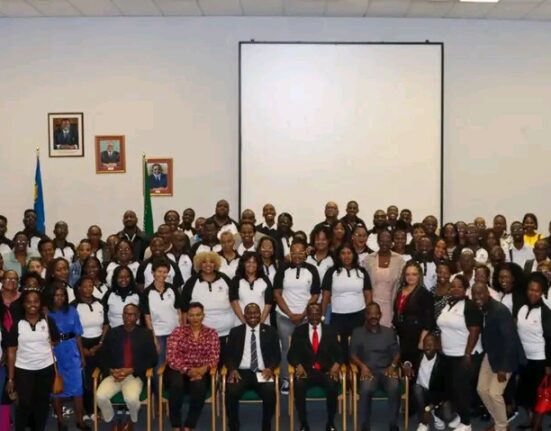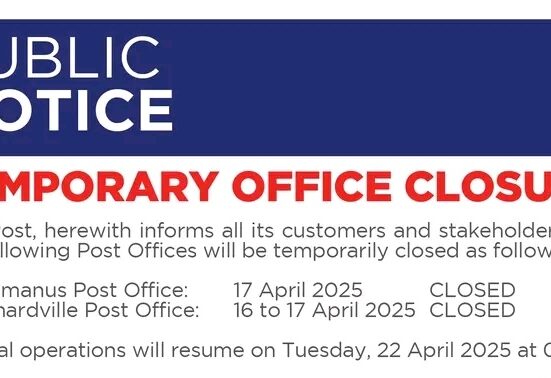Namibia’s history is deeply marked by the trauma of the Herero and Nama Genocide, one of the darkest chapters in the colonial history of Southern Africa. The genocide, carried out by German colonial forces between 1904 and 1908, led to the brutal extermination of tens of thousands of indigenous Namibians, with the Herero and Nama peoples bearing the brunt of the violence. The horrors of this period still echo in Namibia today, as the country continues to grapple with the legacy of colonialism and seek justice for the victims of this atrocity.
For over a century, Namibia’s relationship with Germany, the colonial power responsible for these crimes, has been fraught with tension, denial, and an ongoing struggle for acknowledgment and reparations. This article explores the Herero and Nama Genocide, the diplomatic challenges Namibia faces in its quest for justice, the evolution of the dialogue between Namibia and Germany, and the implications of this history for both countries in the 21st century.
1. The Herero and Nama Genocide: A Historical Overview
The genocide in Namibia occurred during Germany’s colonial rule over German South West Africa, a vast territory that is now known as Namibia. The violence erupted in the aftermath of a Herero uprising in 1904, when the Herero people, led by Samuel Maharero, revolted against the oppressive policies of the German colonial government. The Herero had been subjected to expropriation of their land, forced labor, and brutal military repression by the Germans.
In response to the uprising, General Lothar von Trotha, the commander of German forces in the colony, issued the infamous Extermination Order in 1904, which called for the complete annihilation of the Herero people. The order was later extended to the Nama people, who had also risen up against German rule. The Herero were driven into the deserts and mountains, where they faced systematic killings, starvation, and disease. It is estimated that between 60,000 and 100,000 Herero people were killed, and up to 10,000 Nama people died under similar circumstances.
The genocide was characterized by the use of concentration camps, where women, children, and the elderly were imprisoned and subjected to forced labor, torture, and execution. The brutal tactics employed by the German forces were unprecedented, and the scale of the atrocities has led many historians and scholars to classify the events as the first genocide of the 20th century.
2. Germany’s Denial and the Struggle for Recognition
For decades after the genocide, Germany’s official stance was one of denial, downplaying the extent of the atrocities and refusing to acknowledge the events as genocide. This denial was compounded by the fact that many of the perpetrators of the violence were not held accountable. Following the end of World War I, Germany’s colonial empire was dismantled, and German South West Africa was placed under a League of Nations mandate, first administered by South Africa and later becoming the Republic of Namibia in 1990.
For Namibians, the lack of recognition and accountability for the genocide has been a source of deep frustration. For years, activists, descendants of the victims, and the Namibian government called for a formal apology and reparations from Germany. However, it was not until the 21st century that significant efforts were made to address the issue.
3. The Diplomatic Dialogue: Namibia and Germany’s Negotiations
The diplomatic dialogue between Namibia and Germany over the genocide has been a long and complicated process, with numerous challenges and setbacks. In the early 2000s, Namibia’s government, under President Hifikepunye Pohamba, began to push for formal negotiations with Germany to seek an apology and reparations for the genocide. The Namibian government argued that acknowledging the genocide and making reparations would be an essential step toward healing the wounds of the past.
However, Germany’s position remained resistant for many years, citing legal and political complications, as well as concerns over the precedent it would set for other former colonies. Germany’s reluctance to formally acknowledge the genocide was a major obstacle to the process, and it took several years of diplomatic pressure before meaningful discussions began to take place.
In 2015, a breakthrough occurred when the German government officially recognized the atrocities committed during the colonial period in Namibia. Chancellor Angela Merkel referred to the events as a “genocide” during a visit to Namibia, marking the first time Germany acknowledged the scale and nature of the violence. This acknowledgment was seen as a step forward, but it fell short of offering the full apology and reparations that many Namibians were seeking.
4. The 2021 Agreement: A Turning Point in the Dialogue
In May 2021, after years of negotiations, Namibia and Germany reached a historic agreement on the recognition of the genocide and reparations. Under the agreement, Germany formally acknowledged the genocide, offering an apology for the atrocities committed during the colonial period. The German government also committed to providing €1.1 billion (approximately NAD 18 billion) in financial assistance to Namibia over a period of 30 years. The funds are to be used for development projects in communities affected by the genocide, including the Herero and Nama people.
The agreement, however, has been met with mixed reactions. While many Namibians see the apology and financial compensation as a positive step toward reconciliation, others feel that it does not go far enough in addressing the full scope of the harm caused by the genocide. Some critics argue that the reparations should include individual compensation for descendants of the victims and a more substantial financial commitment from Germany.
5. The Controversy Surrounding the Agreement
The 2021 agreement has not been without its controversies. One of the main points of contention is the lack of individual compensation for descendants of the Herero and Nama victims. While the German government’s financial contribution is aimed at improving infrastructure, education, and healthcare in affected communities, many believe that the reparations should go beyond development assistance and address the direct harm caused to individuals and families.
Additionally, some Namibians feel that the terms of the agreement were negotiated without sufficient consultation with the Herero and Nama communities. Both groups, whose ancestors were directly affected by the genocide, have expressed dissatisfaction with the negotiations and the outcome, particularly the decision to focus on collective reparations rather than individual claims for compensation.
Furthermore, there is the question of whether Germany’s apology is genuine, or whether it is merely a diplomatic gesture to quell international pressure and improve relations with Namibia. Some argue that the German government has not taken sufficient responsibility for the cultural, social, and economic damage caused by the genocide, particularly the long-lasting effects on the affected communities.
6. The Ongoing Dialogue: Moving Forward
Despite the challenges and controversies surrounding the 2021 agreement, the dialogue between Namibia and Germany continues. The reparations and the acknowledgment of the genocide mark an important turning point in the relationship between the two countries, but the issue is far from resolved.
For Namibia, the dialogue is not just about financial compensation—it is about truth, reconciliation, and restoring dignity to the Herero and Nama peoples. It is about coming to terms with a history that has been suppressed for so long and ensuring that the atrocities committed by the German colonial authorities are never forgotten. The Herero and Nama genocide is a painful part of Namibia’s history, but it is also a crucial chapter that shapes the nation’s identity and its ongoing struggle for justice.
As Namibia continues to heal from the wounds of colonialism, the country faces the difficult task of balancing the need for reparation, restorative justice, and national healing. The dialogue with Germany is an important step, but it is just one piece of the puzzle in the ongoing journey toward healing and reconciliation.
The shadow of genocide continues to loom over Namibia, but the nation’s commitment to confronting its past and securing justice for its people is a testament to the resilience and strength of its citizens. The ongoing dialogue with Germany reflects both the scars of the past and the hope for a better future, one where the atrocities of the Herero and Nama genocide are fully acknowledged and reparations are made to the affected communities.
While the 2021 agreement represents progress, there is still much work to be done in addressing the lasting impacts of the genocide and ensuring that Namibia’s indigenous peoples are not forgotten in the history of their own country. The conversation between Namibia and Germany must continue, as must the broader dialogue about colonialism, reparations, and the rights of indigenous peoples around the world.
Namibia’s ongoing struggle for justice and recognition serves as a reminder of the importance of acknowledging past atrocities and working toward a future that is just, inclusive, and reparative. The shadows of genocide may never fully fade, but through dialogue, reconciliation, and a commitment to healing, Namibia can begin to move beyond the legacy of colonialism and toward a more just and equitable future.







